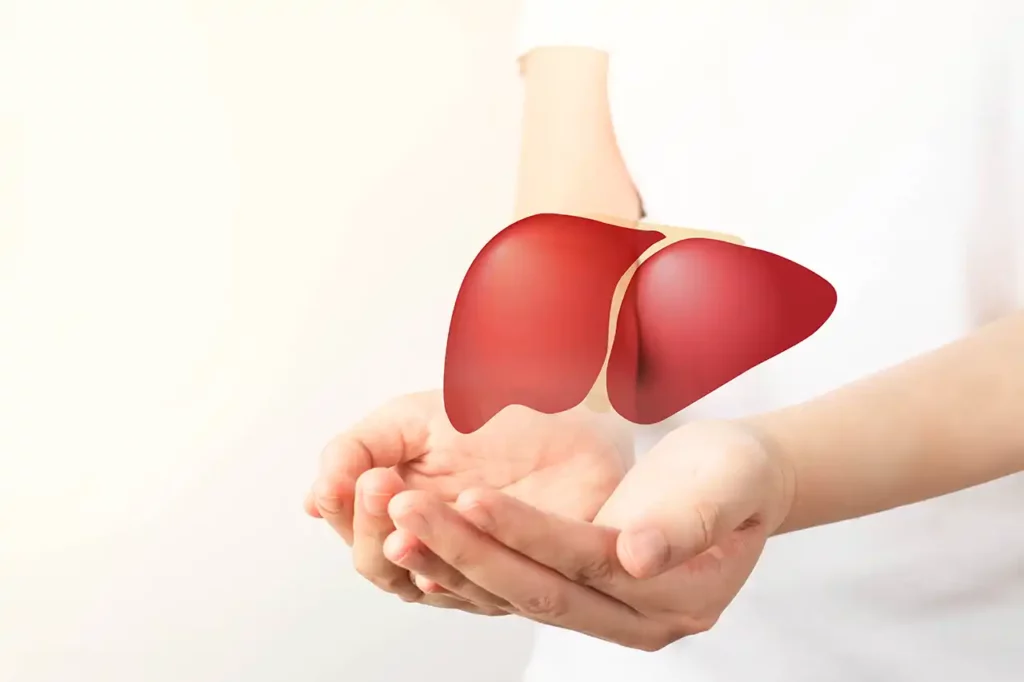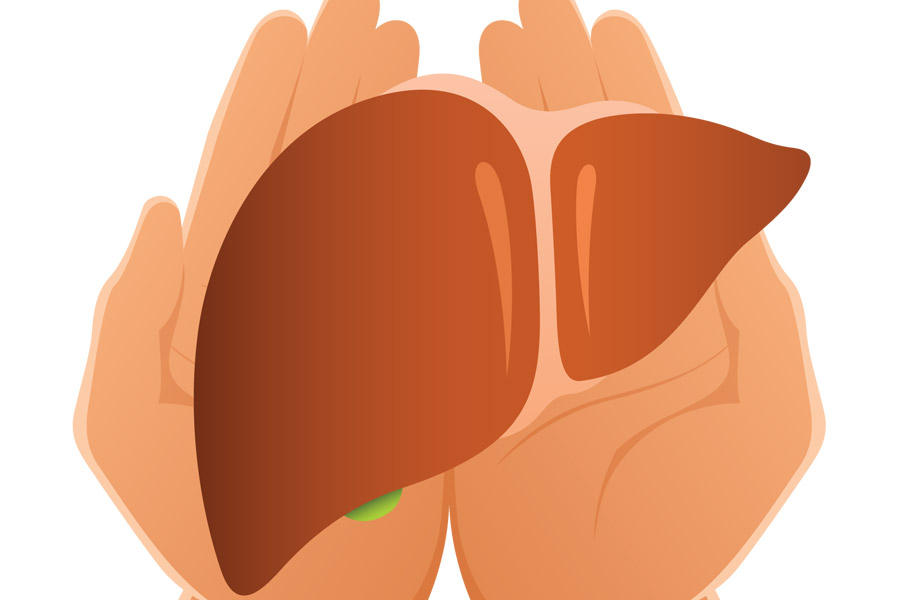The liver, often referred to as the body’s multitasking marvel, is a vital organ that performs a wide range of essential functions. From detoxification to metabolism regulation, the liver plays a significant role in maintaining our overall well-being. It’s important to properly care for it
Taking proper care of this remarkable organ is crucial for a healthy life. In this article, we will delve into the various ways you can show your liver the care it deserves.
About Liver Care
Understanding the liver’s role is the first step towards showing it the care it needs. The liver acts as the body’s primary detoxification center, breaking down harmful substances and clearing them from the bloodstream. It also plays a key role in digestion, producing bile that aids in fat absorption.
Additionally, the liver regulates blood sugar levels, stores essential vitamins and minerals, and helps in blood clotting.
Neglecting liver health can lead to a host of problems, including fatty liver disease, hepatitis, and even liver cancer. Hence, adopting a liver-conscious lifestyle is vital for overall well-being.
Diet for Liver Care
One of the most effective ways to care for your liver is through a balanced and nutritious diet. Here are some dietary guidelines to consider:
- Stay Hydrated: drinking an adequate amount of water helps the liver function optimally by aiding in the elimination of waste products.
- Increase Fiber Intake: foods high in fiber, such as whole grains, fruits, and vegetables, aid in digestion and prevent the buildup of toxins.
- Choose Healthy Fats: opt for unsaturated fats found in sources like nuts, seeds, avocados, and fatty fish, while limiting saturated and trans fats.
- Moderate Protein Intake: protein is essential, but excessive consumption can strain the liver. Choose lean sources like poultry, fish, legumes, and plant-based proteins.
- Limit Added Sugars and Salt: excess sugar and salt intake can contribute to fatty liver and hypertension. Read labels and opt for natural sweeteners and herbs for flavor.
- Include Antioxidant-Rich Foods: berries, citrus fruits, leafy greens, and colorful vegetables are rich in antioxidants that protect liver cells from damage.

Caring for Your Liver: Beyond the Plate
While diet is a cornerstone of liver care, other lifestyle factors also play a crucial role:
- Maintain a Healthy Weight: excess weight can lead to fatty liver disease. Aim for a balanced weight through a combination of healthy eating and regular physical activity.
- Limit Alcohol Intake: excessive alcohol consumption can damage liver cells. If you choose to drink, do so in moderation.
- Stay Active: regular exercise improves blood flow and supports overall liver health. Aim for at least 150 minutes of moderate-intensity exercise per week.
- Manage Stress: chronic stress can impact liver function. Incorporate stress-relief techniques such as meditation, deep breathing, or yoga into your routine.
- Avoid Risky Behaviors: practice safe sex, and be cautious when using needles or engaging in activities that may expose you to infections like hepatitis.
Embracing Liver Care as a Lifelong Commitment
Continuing on the journey of liver care involves consistent dedication and a commitment to making positive choices. Here are some additional tips to ensure your liver remains healthy for years to come:
- Regular Check-ups: schedule regular health check-ups to monitor your liver function and overall health. Early detection of any issues can lead to prompt interventions and better outcomes.
- Medication Awareness: be cautious with over-the-counter medications, herbal supplements, and vitamins. Some substances can be harmful to the liver, especially when taken in excess or combined with alcohol.
- Vaccination: protect yourself against viral hepatitis by ensuring you are up-to-date on vaccinations, particularly for hepatitis A and B.
- Hygiene Practices: maintain good hygiene practices to prevent the transmission of infections that can affect the liver. Wash your hands frequently and avoid sharing personal items like razors or toothbrushes.
- Incorporate Liver-Supporting Herbs: certain herbs are believed to support liver health. Milk thistle, dandelion root, and turmeric are examples of herbs that may have beneficial effects on liver function. Consult with a healthcare professional before adding herbal supplements to your routine.

More ways of embracing Liver Care
- Limit Exposure to Toxins: minimize exposure to environmental toxins such as pesticides, heavy metals, and chemicals. Use protective gear when working with potentially harmful substances.
- Stay Informed: stay updated on the latest research and information related to liver health. The more you know, the better equipped you are to make informed decisions about your lifestyle and dietary choices.
- Spread Awareness: promote liver health awareness within your community and among your loved ones. Educating others about the importance of liver care can have a positive impact on public health.
- Seek Professional Guidance: if you have a history of liver disease, are taking medication, or have concerns about your liver health, consult a healthcare professional or a registered dietitian. They can provide personalized advice tailored to your individual needs.
The Gift of Care
In a world that often places significant demands on our bodies, showing care for our liver is an act of self-love and self-respect. By implementing a balanced diet, engaging in regular physical activity, managing stress, and avoiding harmful substances, we can safeguard our liver’s health and well-being.
Remember, the liver is an incredible organ that works tirelessly behind the scenes to keep our bodies functioning smoothly. It’s our responsibility to reciprocate by giving it the care and attention it deserves.
Embracing liver care as a lifelong commitment is a gift we give not only to ourselves but to our future selves – a promise of vitality and longevity that sets the stage for a healthier and happier life. So, let’s celebrate our liver’s resilience and make conscious choices that nurture its well-being every day.
In conclusion, showing care for your liver is an investment in your overall health and longevity. By adopting a balanced diet, staying active, and making mindful lifestyle choices, you can ensure that this vital organ continues to function optimally. Remember, a healthy liver is a key contributor to a healthier and happier life.














